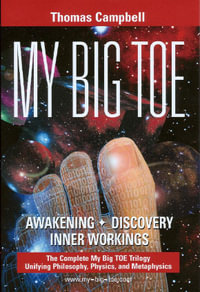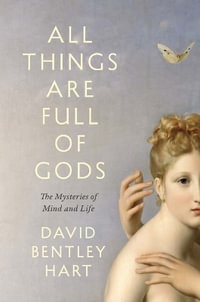Acknowledgments xi
Introduction 1
PART 1 5
TEXTUAL SUPPORT FOR THE PROOF 7
“Not to Fear” Proof and Preliminary Remarks 9
The “Not to Fear” Proof 14
1) Motion has always existed. 21
2) The physical universe has existed for infinite time because motion requires enmattered things. 23
Aristotle, Philoponus, and Sorabji 33
Philoponus’s Five Arguments 36
3) In infinite time, any (sort of genuine) possibility is actualized (the Principle of Genuine Sortal Plenitude). 67
Different Versions of the Principle 77
Aristotle’s Senses of “Possibility” 81
Mere Conceptual Versus Genuine Possibility 92
Final Thoughts on Possibility 100
Reactions to Hintikka’s View 106
Broadie on the Principle of Plenitude 124
“Kind of Possibility” in On Interpretation 9 142
Why Artifacts like Cloaks are within Scope 155
4) Therefore, every sort of genuine possibility has already been actualized 167
5) The universe (still) exists. 170
6) Thus, there has never been the sort of genuine possibility that would cause the universe to not exist. 171
7) The universe could not simply disappear into nothing. 172
8) Nor could the universe come from nothing. 174
9) Regarding (sorts of genuine) possibilities occurring, temporal infinity is the same as eternity. 175
10) Therefore, “the sun and the stars and the whole heaven are ever active, and there is no fear that they may sometime stand still, as the natural philosophers fear they may.” 179
(11) What is necessary is “that which cannot be otherwise,” and since what is ever active (that is, eternal) cannot be otherwise, what is ever active is necessary. 180
12) Hence, eternal motion of the universe exists necessarily, which entails that the universe is not contingent, obviating the Unmoved Mover of Pure Actuality. 181
Leibniz on the Principle of Plenitude 183
Barnes on Hintikka and the Principle 186
PART 2 193
Introduction to Part 2 195
Aristotle and Eternal Accidents 197
Why Did Aristotle Champion the Principle? 201
Ramifications for De Caelo, the Unmoved Mover of Lambda, and Physics 223
Doctrinal Reasons the “Not to Fear” Proof Was Not Seen 247
How Other 20th-century Scholars Missed the Inconsistency of Theta 8 and Lambda 250
Recent Treatments of Theta 8 257
Historical Reasons the Proof was not Seen 279
Conclusion 315
Bibliography 319
Index 327
Index Locorum 359

























